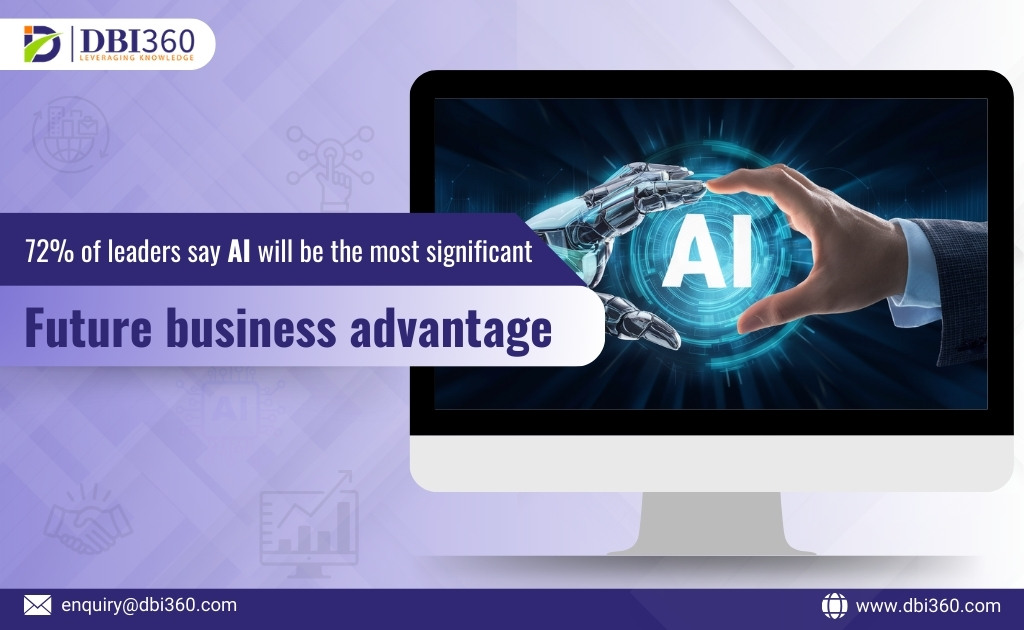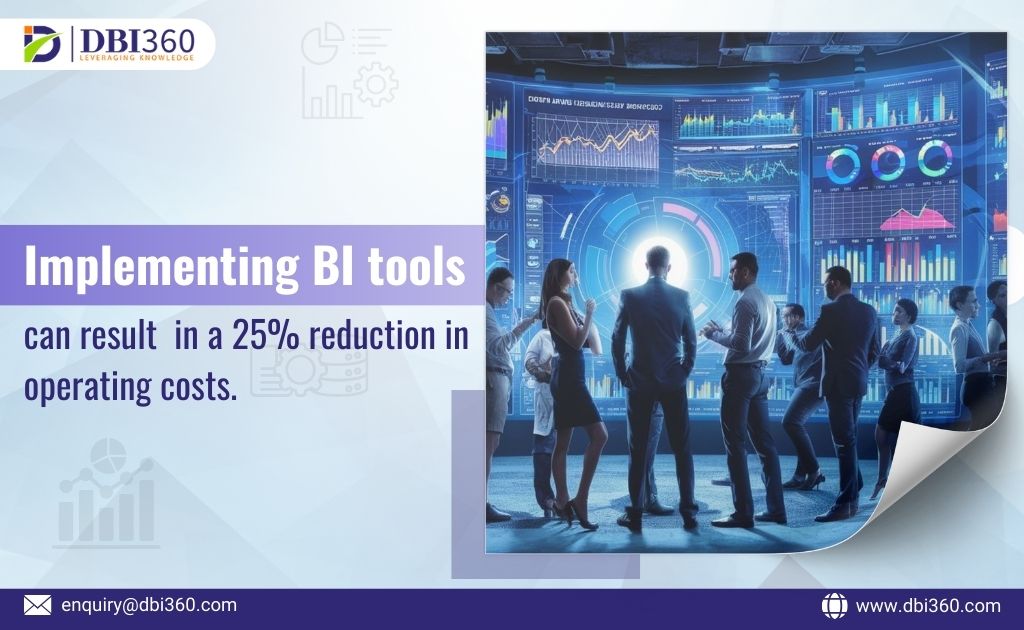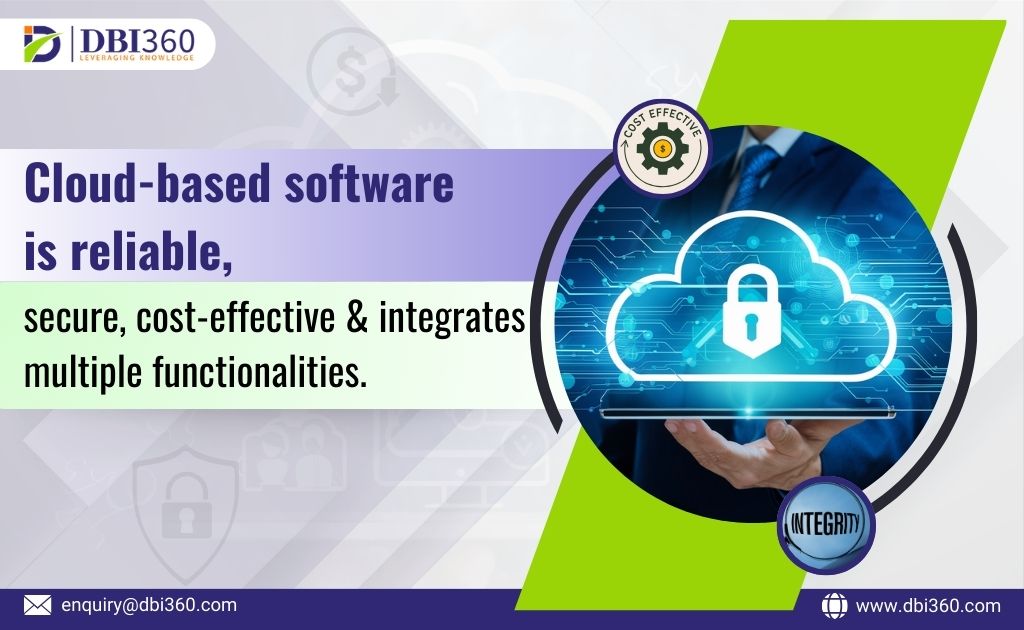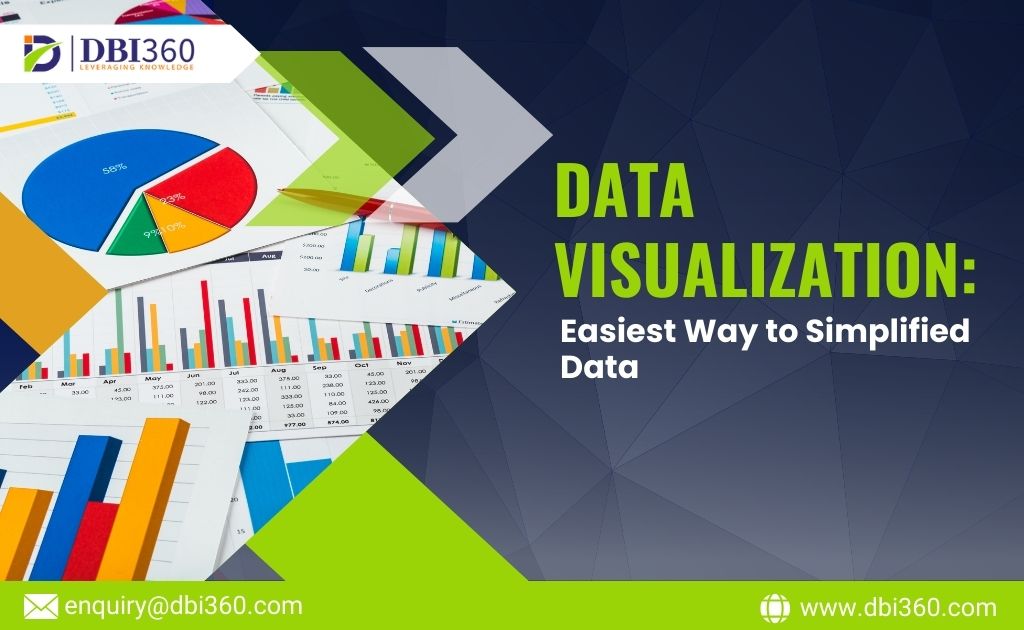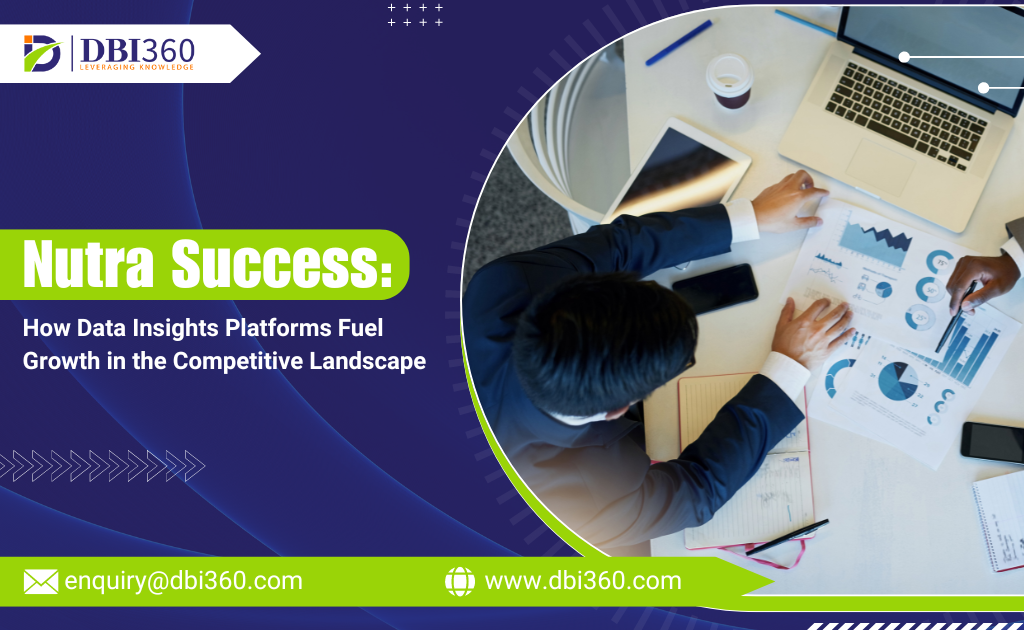Data has emerged as a valuable asset for businesses in the digital age. It serves as the foundation for informed decision-making, innovation, and competitive advantage. However, the abundance of data also presents challenges, such as data complexity, security threats, and ensuring data privacy. This is where data management comes into play. Data management is a holistic approach that addresses the entire data lifecycle, from its creation to its utilization, intending to organize, secure, and extract meaningful insights from data. Let’s explore the concept of data management and its significance in the digital age, as well as how businesses leverage it to drive efficiency and gain valuable insights.
What is Data Management?
Data management is a comprehensive process involving various disciplines and practices to ensure data is handled effectively and responsibly throughout its lifecycle. It encompasses the following key components:
-
Data Collection: The process starts with collecting data from diverse sources, such as customer interactions, website traffic, IoT devices, and social media platforms. Proper data collection ensures that organizations can access a wide range of data for analysis.
-
Data Storage and Integration: Once collected, data must be stored securely and organized. Data integration combines data from multiple sources to create a unified and cohesive view, enabling comprehensive analysis.
-
Data Cleaning and Transformation: Raw data may contain errors, inconsistencies, or duplicate entries. Data cleaning involves identifying and rectifying these issues to ensure data accuracy and reliability. Data transformation may also be necessary to standardize data formats for efficient analysis.
-
Data Security and Privacy: Data security is paramount, with data breaches becoming more prevalent. Data management involves implementing robust security measures and protocols to safeguard data from unauthorized access and breaches. Additionally, data privacy regulations must be adhered to to protect the privacy of individuals.
-
Data Analysis and Visualization: Data analysis involves using various techniques, such as statistical analysis and machine learning, to derive valuable insights and patterns from the data. Data visualization presents these insights in an easily understandable format, such as charts and graphs.
-
Data Utilization: Ultimately, data management is not just about analysis; it is about leveraging insights to drive business decisions, optimize processes, and identify new opportunities for growth and innovation.
Data management tools are essential software solutions that facilitate efficient organization, storage, retrieval, and data manipulation.” “These tools are pivotal in maintaining data integrity, improving decision-making processes, and ensuring organization data security.
Importance of Data Management in the Digital Age:
Data management holds immense significance in the digital age due to several reasons:
-
Data-Driven Decision Making: Businesses that base their decisions on solid data insights have a competitive advantage in a data-driven era. Data management ensures decision-makers access accurate and timely information, allowing them to make informed choices.
-
Operational Efficiency: Efficient data management streamlines data storage, retrieval, and analysis processes, reducing redundancy and ensuring data is readily available when needed. This leads to improved operational efficiency and productivity.
-
Customer Insights: Data management enables businesses to gain valuable insights into customer behavior, preferences, and needs. By understanding customers better, organizations can personalize experiences and enhance customer satisfaction.
-
Risk Mitigation: Proper data management includes security measures to protect data from breaches and cyber threats. This mitigates the risk of data loss and maintains the trust of customers and stakeholders.
-
Innovation and Growth: Data management facilitates innovation by uncovering trends and opportunities that can lead to the developing of new products, services, and business models, driving business growth.
Nexus is a comprehensive nutraceutical database that operates on four primary levels of data – Company, People, Product, and Ingredient. This dynamic platform plays a pivotal role in lead generation and is an invaluable business resource.
How Businesses Leverage Data Management:
Businesses leverage data management in various ways to optimize their operations and gain insights:
- Improved Analytics: By implementing effective data management practices, businesses can perform sophisticated data analytics, enabling them to uncover hidden patterns and trends that may impact their strategies.
-
Personalization: Data management allows businesses to create personalized customer experiences by tailoring products and services based on individual preferences and behaviors.
-
Efficient Resource Allocation: With data management, businesses can allocate resources more efficiently by identifying areas where investments are most likely to yield positive returns.
-
Real-Time Decision Making: Effective data management enables businesses to access and analyze real-time data, allowing them to make agile and data-driven decisions in dynamic markets.
-
Supply Chain Optimization: Data management helps optimize supply chain operations by providing insights into demand forecasting, inventory management, and logistics. Supplier qualification platforms like AsterDocs, offer a comprehensive solution for optimizing operations in the nutraceutical, dietary, beauty, and wellness industries.
-
Identifying Market Trends: Businesses can identify emerging market trends and shifts in customer preferences through data management. It allows them to adapt their strategies accordingly.
Conclusion:
In the digital age, data management plays a pivotal role in unlocking the true potential of data for businesses. It ensures that data is organized, secure, and used strategically to gain valuable insights, make informed decisions, and drive innovation.
By leveraging data management practices, businesses can stay competitive, deliver exceptional customer experiences, It paves the way for sustainable growth and success in an increasingly data-driven world.



